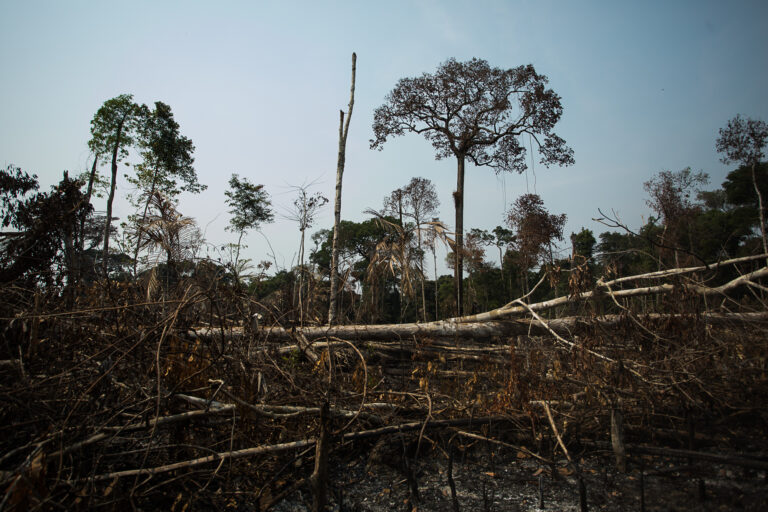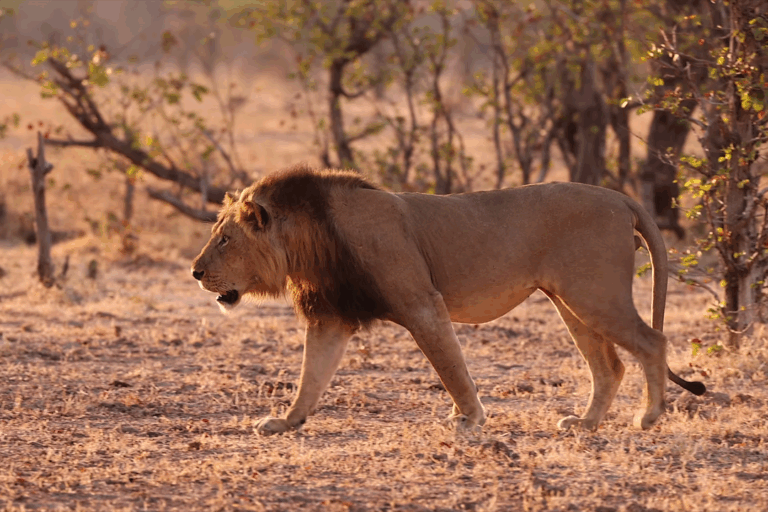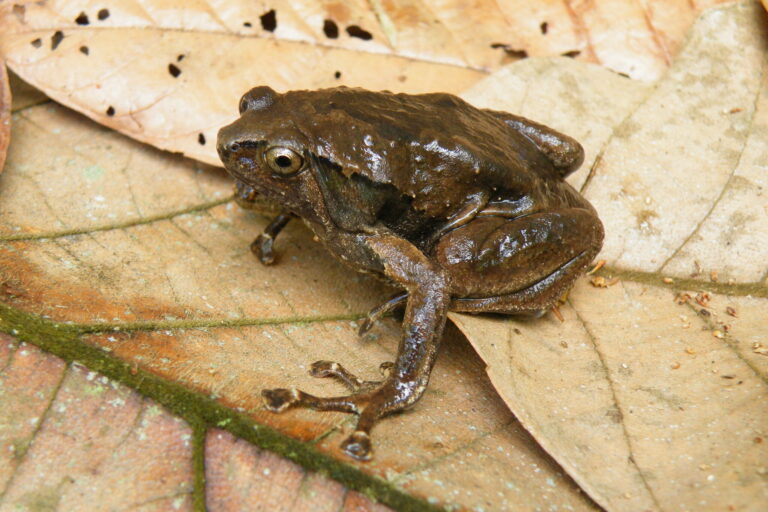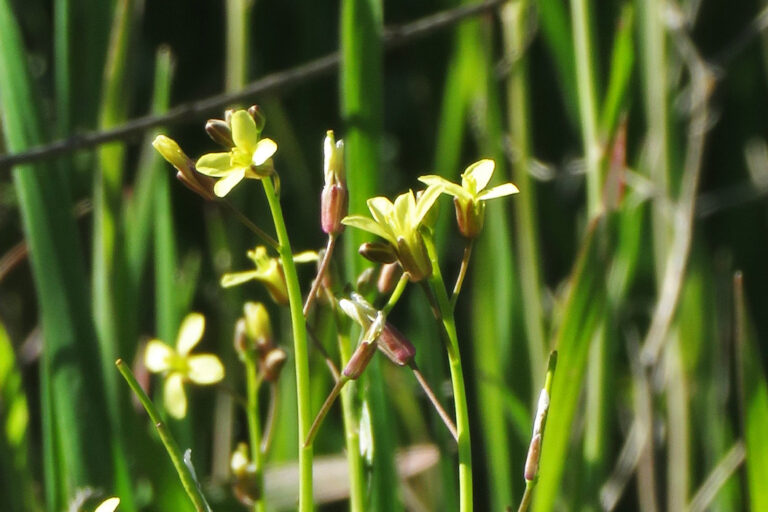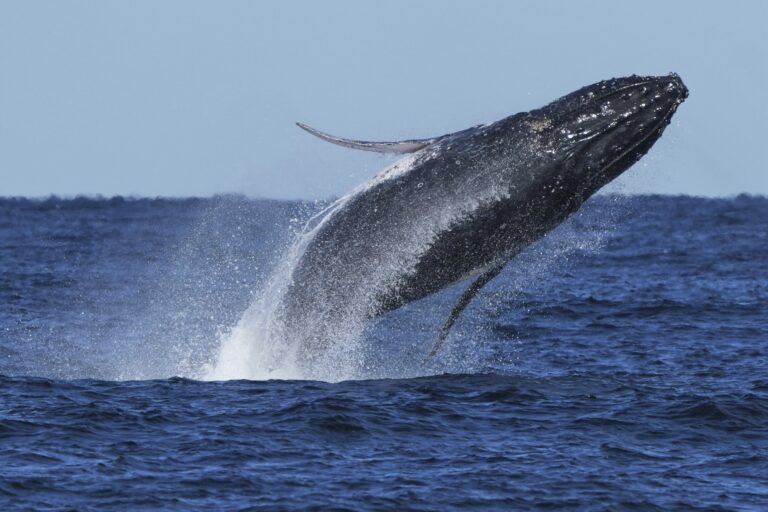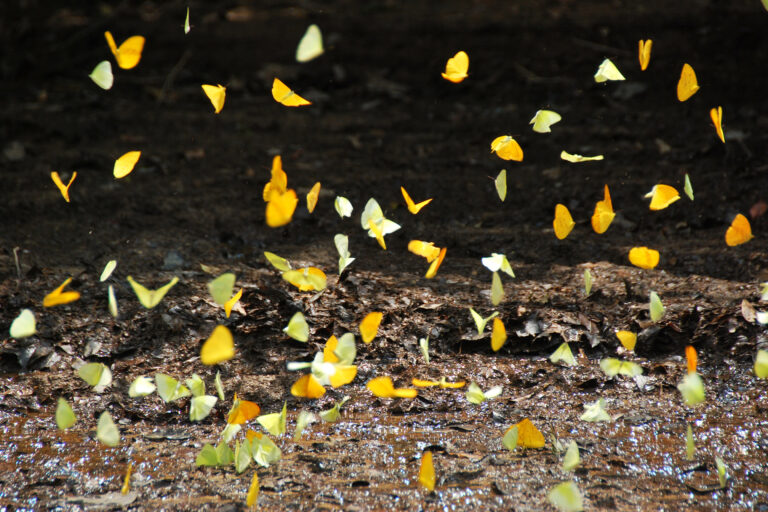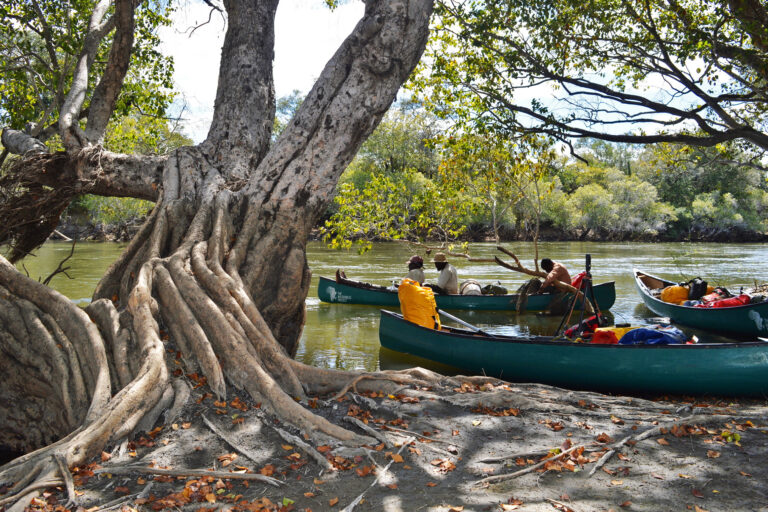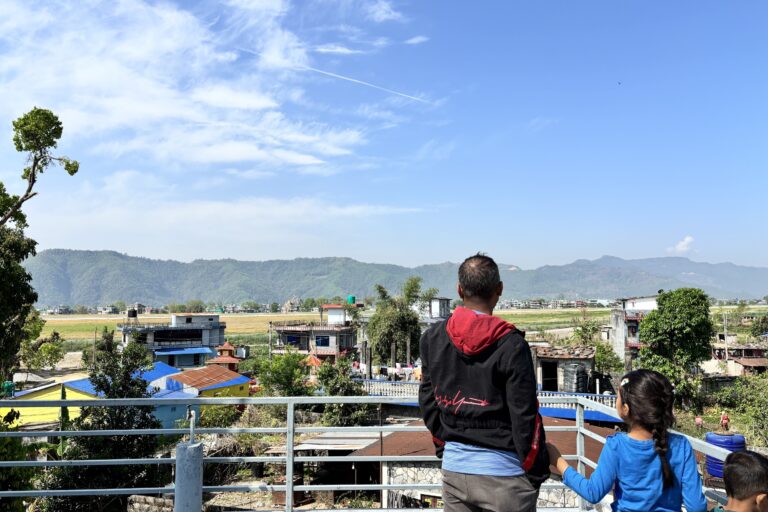- Conservationist Daphne Sheldrick died of breast cancer on April 12, according to the conservation organization she founded.
- Born in Kenya, she spent her life working to care for orphaned elephants in Kenya and fighting to save the species through her advocacy.
- She started the David Sheldrick Wildlife Trust, named for her husband, in 1977.
- The organization runs an orphan elephant project, as well as de-snaring and veterinary care teams.
Daphne Sheldrick, a conservationist known for her work to care for and return orphaned elephants to the wild, died of breast cancer on April 12 at the age of 83.
Her husband, David, was the first warden at Kenya’s largest national park, Tsavo East. After his death in 1977, she started the Nairobi-based David Sheldrick Wildlife Trust. Daphne Sheldrick pioneered methods to rear milk-dependent elephant and rhino orphans. The organization, responsible for rearing more than 200 baby elephants to date, said that other orphanages around the world have used this knowledge to save other animals separated from their mothers.

“Daphne’s legacy is immeasurable and her passing will reverberate far and wide, because the difference she has made for conservation in Kenya is unparalleled,” said Sheldrick’s daughter, Angela, in a statement from the organization. Angela Sheldrick has been its CEO for 17 years.
From the daily chores required to nurture orphan elephants and other wildlife, to speaking out for the protection of wild elephants, Daphne Sheldrick lived a life “driven by her belief that elephants, and other wild species, have a right to live a free and protected life — just like us,” the trust said.
Research published in 2016 found that African elephant numbers are sliding by 8 percent every year.
The David Sheldrick Wildlife Trust now fields teams that have gotten rid of more than 125,000 snares and have assisted in the arrests of nearly 2,000 poachers. It also supports veterinary units that have treated thousands of elephants and other animals in the wild.

Sheldrick wrote four books about her experiences, including “Love, Life and Elephants — An African Love Story,” published in 2012. Glasgow University recognized her work with an honorary doctorate in veterinary medicine, and Queen Elizabeth II bestowed a knighthood on her in 2006, naming her Dame Commander of the Most Excellent Order of the British Empire. Kenya’s government gave her the title of Moran of the Burning Spear, a distinction for Masai warriors, in 2001.
She consistently appeared on registers of distinguished conservationists and global leaders, including Smithsonian magazine’s list of 35 people “who made a difference” in wildlife conservation and the United Nations Environment Program’s Global 500 Roll of Honor.
The organization Sheldrick founded said she embodied many of the traits of the animal she invested so much effort to protect.
“She possessed the strength, compassion, and wisdom of both an elephant matriarch and bull rolled into one,” the statement says. “She would fight tooth and nail to save any wild animal, from a bush squirrel to a rhino, a dik-dik to an elephant, and often in the most difficult situations, physically and emotionally.”

Sheldrick is survived by her two daughters and four grandchildren.
“She will be sorely missed, but never forgotten,” Angela Sheldrick said, “and this is what Daphne drew the most comfort from in her final weeks, knowing that her memory and work would continue with the tiny steps of baby elephants for generations to come, and that the work that she pioneered has been able to achieve so much for wildlife and wild places throughout Kenya.”
Banner image of Daphne Sheldrick with an orphaned elephant in 1991 © The David Sheldrick Wildlife Trust.
FEEDBACK: Use this form to send a message to the author of this post. If you want to post a public comment, you can do that at the bottom of the page.







